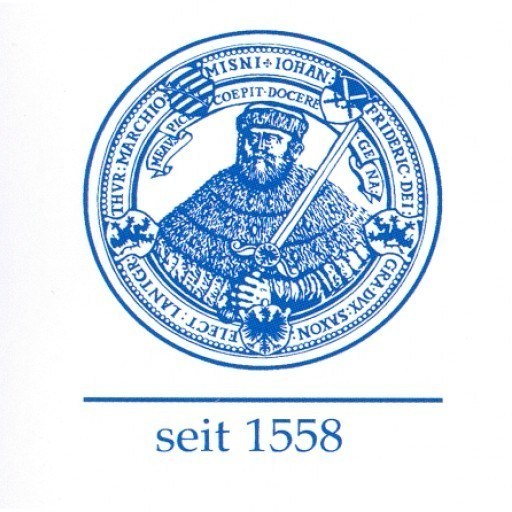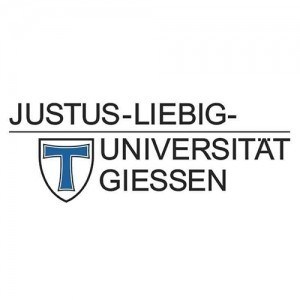Photos of university / #unihohenheim
Landscape Ecology (LandEcol) at the University of Hohenheim offers a comprehensive interdisciplinary education focused on understanding the interactions between spatial patterns and ecological processes in terrestrial ecosystems. This master's programme is designed for students who are passionate about the sustainable management and conservation of landscapes, combining theoretical foundations with practical applications. Throughout the course, students will explore topics such as spatial analysis, ecological modeling, landscape planning, biodiversity conservation, and the impacts of human activities on natural environments. The programme emphasizes the integration of ecological, social, and economic dimensions to develop innovative solutions for landscape management challenges.
Students will have the opportunity to learn through a mix of lectures, seminars, fieldwork, and project-based assignments, allowing them to apply their knowledge to real-world scenarios. The curriculum includes core modules in landscape ecology, geographic information systems (GIS), remote sensing, landscape planning, and environmental assessment, complemented by optional courses tailored to individual interests and career goals. The programme also promotes international cooperation and offers opportunities for students to participate in research projects, internships, and field trips both within Germany and abroad.
Graduates of the Landscape Ecology programme will be equipped with the skills necessary for careers in environmental consulting, regional planning, nature conservation, and research institutions. They will be able to critically analyze landscape structures, assess ecological risks, and develop sustainable management strategies that balance human needs with ecological integrity. The University of Hohenheim's strong research environment, combined with its focus on practical skills and interdisciplinary approaches, ensures that students are well-prepared to contribute effectively to the challenges facing ecosystems and landscapes today. Overall, the Landscape Ecology master's programme is an ideal choice for individuals committed to advancing ecological sciences and promoting sustainable land use practices worldwide.
Educational organisation
The first year is dedicated to advanced studies in landscape, community, evolutionary, and plant ecology as well as conservation biology. Furthermore, a strong focus lies on quantitative ecology, notably on statistical ecology and the design of ecological experiments and studies. The programme also offers courses in ecological modelling and forecasting, geographical information systems (GIS), and remote sensing. Top priority is given to project- and team-oriented work with numerous field, lab, and computer classes.The second year gives students the opportunity to choose from a wide range of elective modules such as animal and microbial ecology, limnology, population genetics, soil science, agricultural science, and global change biology. A personal mentor from the teaching staff advises students on module selections as well as supports students in planning their studies in a smooth and goal-oriented way. As part of the Master's programme, students can also study abroad for one semester.
The Master's thesis can be conducted as a part of ongoing research projects in Germany, Europe, and across the world.
Study abroad unit(s)
Students have the opportunity to spend the third semester at one of the many partner universities abroad.Internships
Internships are not compulsory, but recommended. The internship must be organised by the student and has to fit the schedule of the programme. Upon request, the Career Center may assist in finding an internship.Forms of assessment
Written assessment (exams, presentations, essays, thesis, etc.)Oral assessment (exams, presentations, defence, etc.)
Course objectives
Students acquire the ecological understanding, quantitative skills, and practical experience necessary to study ecological dynamics in changing environments. This enables them to assess the effects of environmental change on biodiversity and ecosystems and to develop concepts for the sustainable use of natural resources.The programme provides in-depth training in ecological theory, concepts, and methods. This enables graduates to address applied and fundamental research questions in a creative and scientifically sound way. These skills are necessary to answer pressing questions posed by global environmental change:
- How can we conserve biodiversity under global change?
- How can we maintain ecosystem services that are important for society?
- How can natural resources be used sustainably in a changing environment?
Furthermore, students improve the following skills:
- working in teams in a structured and goal-oriented way
- leading teams
- systematically developing solutions
Language requirements
TOEFL: minimum 90 internet-basedor
IELTS: minimum 6.5
Academic requirements
Above-average Bachelor of Science (BSc) or equivalent degree in agricultural sciences, biology, ecology, environmental science, landscape planning, or a related discipline.Enrolment fees
About 160 EUR per semesterCosts of living
Living expenses in Germany are relatively high. Each student should calculate at least 700 EUR per month for accommodation, food, health insurance, and public transport.For the first month, students should expect higher costs, as they have to pay registration fees.
Rent for a single room varies from 220 EUR to 400 EUR per month.
Job opportunities
Hohenheim offers enrolled students assistant jobs on campus. Students are responsible for managing working hours and these hours should not conflict with their studies. Working off campus is also possible according to the Aliens Act. However, please be aware that without good knowledge of German, jobs are quite difficult to find.Arrival support
Assistance with accommodation, enrolment, and health insurance is provided by the international office. The programme coordination office can help with the organisation of the studies and other formalities.Services and support for international students
German language courses for beginners and advanced learners are offered during the semester.Students can participate in ten introductory days with trips and presentations to get to know the university facilities and local surroundings.
"Warm-up seminars" (intercultural seminar, facts and skills seminar) are offered before the start of the programme.
Upon request, a personal mentor from the teaching staff can advise students on appropriate study profiles as well as support students in planning their studies in a smooth and goal-oriented way.










